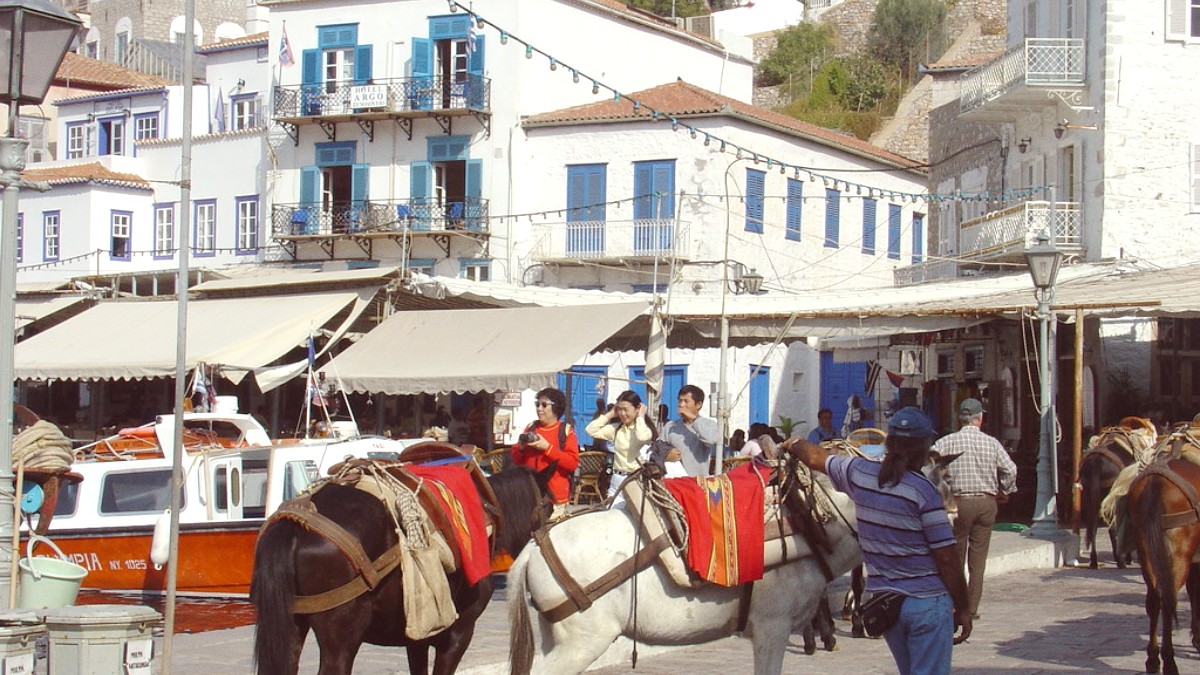
Saronic Gulf Islands, Greece
Hydra's surrounding waters a part of the broader Aegean Sea ecological system. Its landscapes support local flora and fauna. Respect any marked protected areas and avoid disturbing wildlife.
Waste collection occurs regularly in Hydra Town. Visitors reduce consumption of single-use plastics. Dispose of litter properly in designated bins. Separate waste if recycling options are there.
Freshwater resources on Greek islands can be limited, especially during the dry summer months. Practice water conservation by taking shorter showers, turning off taps when not in use.
Adopt practices that protect Hydra's environment.
Hydra's landscapes support local flora and fauna. Respect any marked protected areas and avoid disturbing wildlife.
Support businesses that demonstrate environmental responsibility. Look for hotels that implement energy-efficient practices.
Consider offsetting the carbon emissions from your international flights and ferry journeys. Many airlines and independent organizations offer carbon offset programs.
Calculate your flight emissions and contribute to certified carbon reduction projects.
Learn MoreChoose carbon offset programs that fund renewable energy or reforestation efforts.
Find ProjectsCarry a reusable water bottle and refill it from reliable sources. This significantly lowers plastic bottle waste on the island.
Ensure your tourism supports the local economy and benefits the community directly.
Support local artisans and traditional businesses that help preserve Hydra's unique heritage. Purchase handcrafted items and local products directly from the makers.
Be polite and courteous. Learn a few basic Greek phrases; using them is always appreciated. Observe local customs, like quiet hours during the afternoon siesta.
Choose locally-owned hotels, guesthouses, tavernas, and shops. Your money directly benefits local families and workers.
Look for authentic local products and handicrafts. Avoid purchasing items made from endangered species or illicit materials.
Hydra's donkeys and mules a part of island life and a mode of transport.
Check donkey handlers treat their animals humanely. Look for signs of good animal welfare (healthy appearance, appropriate loads). If you observe any mistreatment, report it to local authorities or animal welfare organizations. Avoid riding donkeys if you concern about their welfare; instead, choose to walk or use water taxis.
Check for healthy appearance and appropriate loads.
Contact local authorities or animal welfare groups.
Walk or use water taxis instead of riding donkeys.
Always prioritize animal welfare. Report any observed mistreatment to local authorities.
Engage with locals. A simple "Yia sas" (hello) and a smile open doors to warmer interactions and give insights into the island's culture.